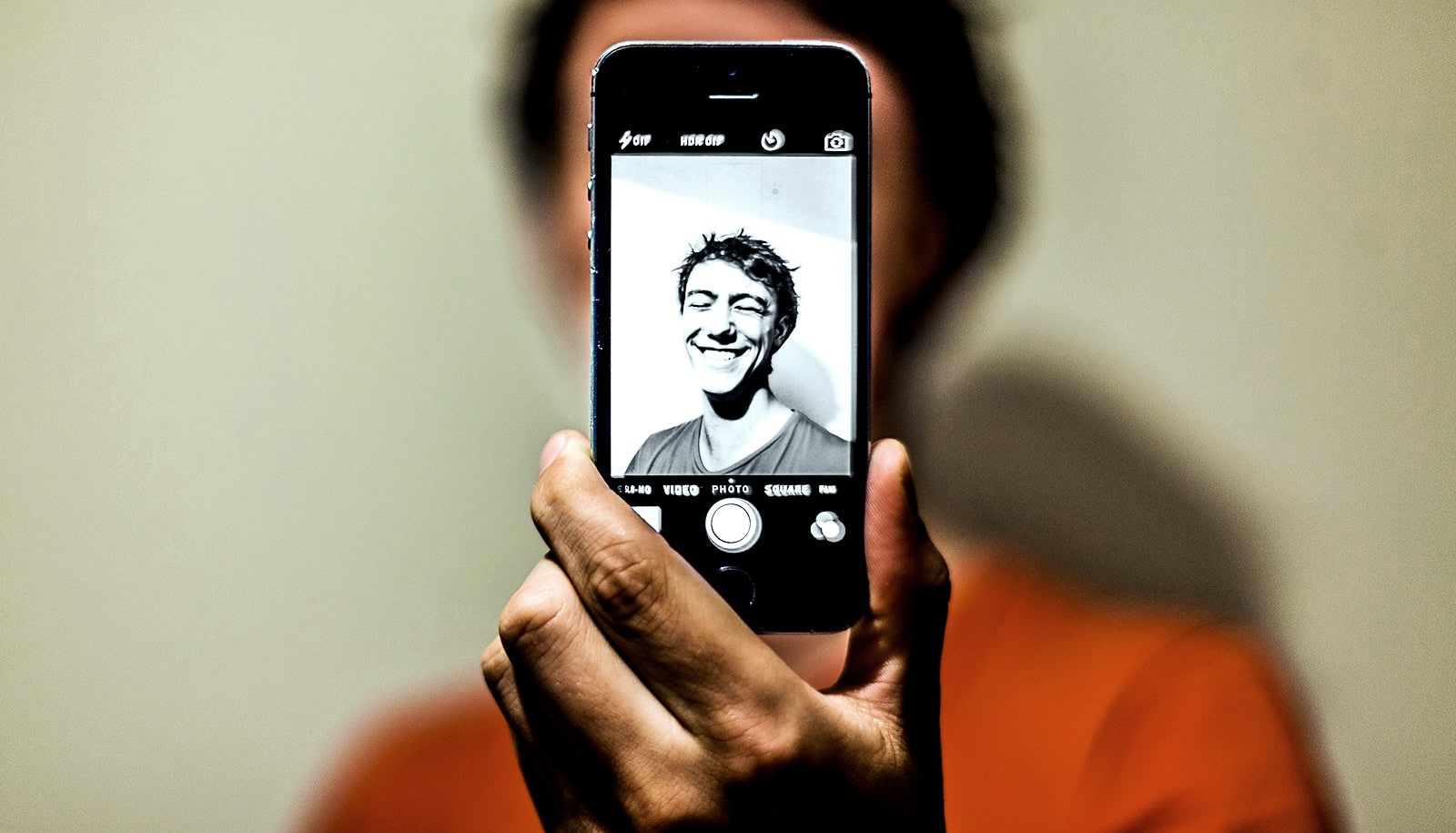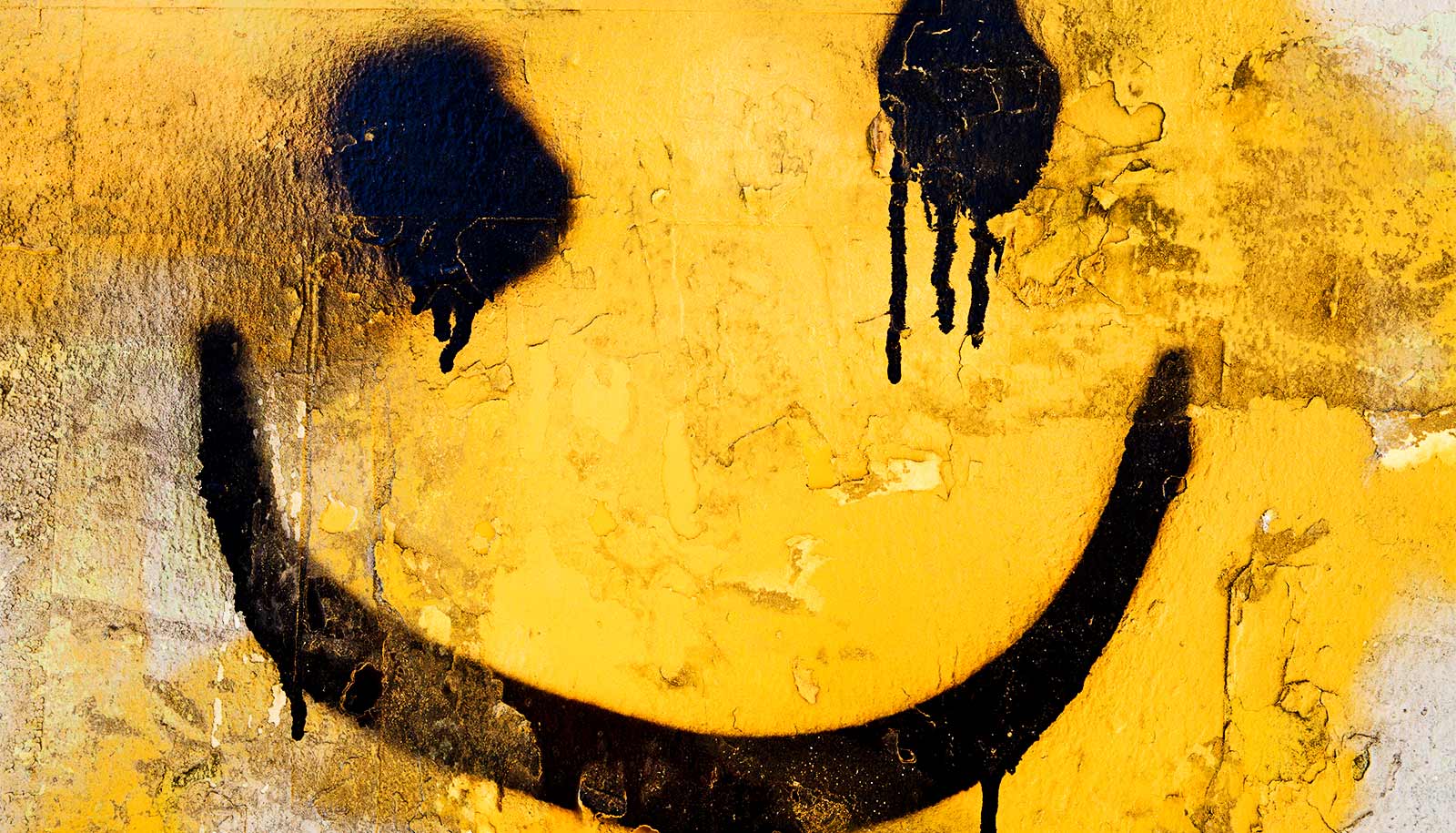A new book explains some of the factors that contribute to happiness and offers practical tips on how to increase our own happiness.
“…psychological health is just as much about knowing how to recover from the negative times… as it is about actually building happiness.”
That might mean more sleep, a more regular exercise schedule, or practicing meditation or mindfulness. It could also mean understanding concepts such as hedonic adaptation or mindsets. The book—When Likes Aren’t Enough: A Crash Course in the Science of Happiness (Grand Central Life & Style, 2018), by Tim Bono, lecturer in psychology at Washington University in St. Louis—tackles these ideas while offering strategies on how to make small changes in our lives that can go a long way.
The book closely follows the structure of Bono’s undergraduate course, “Positive Psychology: The Science of Happiness,” and includes nearly 100 testimonials from students chronicling their experiences incorporating Bono’s strategies.
Bono supplements the book with nearly 100 testimonials from students chronicling their experiences incorporating Bono’s strategies, which he’s based in empirical data from his field. His students’ honest commentary—which Bono collected over years from stories they have shared with him in person or through weekly “thought paper” exercises—confronts the struggles as well as payoffs an individual may face when experimenting with different approaches to everyday life in hopes of increasing happiness.
“One of my priorities with the book was to provide an overview of the research that’s out there and also provide some practical strategies,” Bono says. “The student stories that are featured provide models that you can follow for starting a new exercise routine or managing your schedule to get more sleep.”
Not only do his students’ experience drive the narrative, but they are the inspiration behind his work in positive psychology. While a graduate student, Bono began working for the university’s Office of Residential Life, where he started to observe the different experiences of first-year students—and began asking questions about the major predictors of happiness and well-being.
From those observations, Bono designed a course exclusively for first-year students called the “Psychology of Young Adulthood.” In the course, students fill out a weekly survey on their well-being. Poring over that data through the years has given him a firsthand account of what seemed most relevant to the well-being of his students. He used that knowledge to guide which topics he incorporated into his positive psychology course, and in turn, his book.
Money can buy happiness. Here’s how much it takes
“The name of the class is ‘Positive Psychology.’ What the name of this class should be is ‘What Tim Bono wishes he had known his senior year of college,'” Bono says.
“One of the most important takeaways is just the understanding that psychological health is just as much about knowing how to recover from the negative times and having coping strategies to help you withstand those as it is about actually building happiness.
“We all face adversity in our lives, and you have to be prepared. You have to know how to engage your social networks or go for a run or get a good night’s sleep to help you cope productively and in ways that are psychologically healthy. Then you’ll be in a position to get back on your feet and back on the path toward happiness.”



